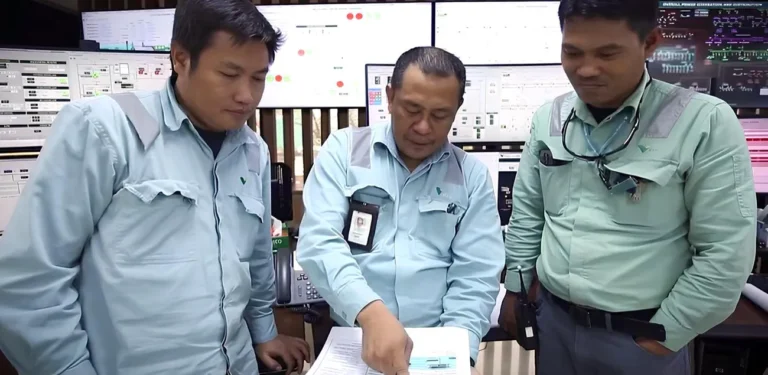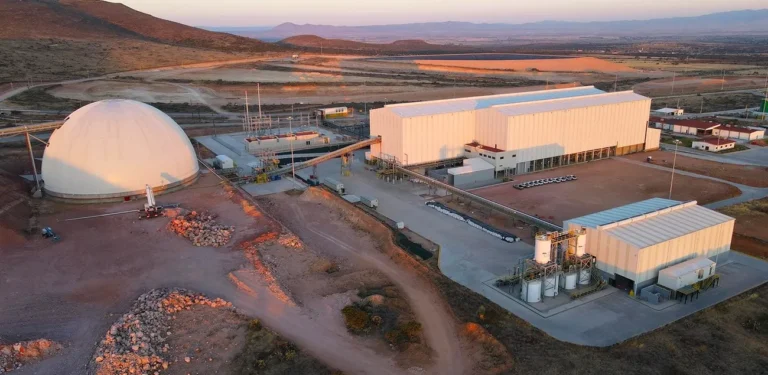
More than two years after Mexico enacted a law nationalizing its lithium resources, uncertainty persists for companies holding concessions. A recent supreme court ruling has reaffirmed the state’s exclusive right to extract lithium, setting a challenging precedent for private entities.
In early December, Mexico’s supreme court unanimously dismissed an appeal from Grupo Bararal, which sought to overturn reforms to the mining law. The reform, originally championed by former president Andrés Manuel López Obrador, declares lithium a public utility, granting the state exclusive extraction rights and barring concessions for private companies. The ruling also cited a subsequent constitutional amendment that prohibits lithium-related concessions.
These amendments, published in Mexico’s official gazette, revise constitutional articles to establish lithium as a strategic mineral. For instance, article 27 prohibits private concessions for lithium and radioactive minerals, while articles 105 and 107 restrict legal challenges to constitutional reforms.
Grupo Bararal, which holds a concession valid until 2068 for the San Pedro lot in Chihuahua, argued that the 2022 reform undermines existing agreements. However, the court ruled against the company, emphasizing constitutional supremacy. Legal experts have criticized the decision, suggesting it undermines the principle of non-retroactivity and erodes legal certainty for concession holders.
Projects operated by foreign companies also face challenges. Canadian firm Silver Valley Metals, which owns lithium and sulfate of potash deposits in Zacatecas and San Luis Potosí, may consider arbitration under the USMCA trade agreement if its concessions are affected. The company’s MexiCan project has identified significant resource potential, but legal risks remain high.
China’s Ganfeng Lithium and other foreign firms have also seen their projects stalled. For example, Ganfeng’s Sonora project and Rockland Resources’ Elektra project have faced operational halts since 2022. Of the 11 lithium projects listed in Mexico, only the Sonora project has reached an advanced stage.
Amid these legal and operational uncertainties, Mexico’s lithium nationalization underscores the complexities of balancing resource sovereignty with economic development and foreign investment. Legal reforms and court rulings have left private and foreign investors in limbo, highlighting the challenges of navigating an evolving regulatory landscape.



